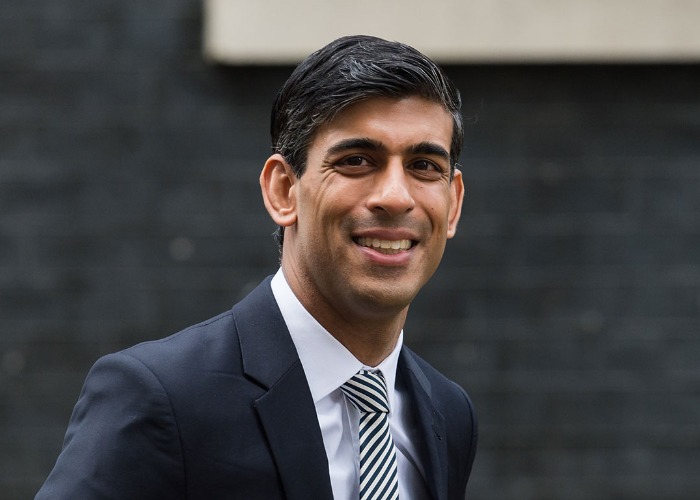State Pension: is the triple lock already under threat?

It's only been two weeks since Liz Truss confirmed the State Pension triple lock for 2023, but the new Prime Minister seems to be singing from a different hymn sheet.
Is the State Pension triple lock going to remain in place? The answer seems to change by the day.
There have been plenty of pronouncements about the triple lock over the last few weeks from the Government, but all they have succeeded in doing is muddying the issue.
Liz Truss had spent the summer pledging to keep the triple lock in place as part of her campaign to be Conservative Party leader, and with it the Prime Minister.
However, then we had the absolute shambles that was the mini Budget, and the financial chaos that followed.
The situation was so bad that Kwasi Kwarteng was sacked as Chancellor and replaced by Jeremy Hunt, who was at pains to point out that ‘everything was on the table’ when it comes to working out where spending cuts could be found.
Cue 24 hours of frenzied concern around the security of the triple lock, before Truss then used Prime Minister’s Questions to confirm that the triple lock was in fact secure.
Of course, she then resigned the next day, and we now have a new Prime Minister in office.
And now Rishi Sunak has refused to commit to the triple lock being protected, ahead of the Autumn Statement next month.
It’s been an absolute farce, akin to the hokey cokey ‒ whether the triple lock is in, out or merely shaken all about seems to change by the day.
The pension pressure
It’s understandable why the Government will want to look carefully at just how realistic it is to maintain the triple lock in its existing form.
As it stands, the triple lock ensures that the State Pension is increased each year by whichever is the largest of the following three figures:
-
Inflation;
-
Wage growth;
-
2.5%.
It’s been an incredibly successful mechanism for boosting the State Pension over the last decade, but there have long been concerns over how sustainable it is for the long term. Those concerns are only exacerbated by the current situation with inflation.
According to the latest figures from the Office for National Statistics (ONS), inflation is currently an eye-watering 10.1%.
The current full State Pension is worth £185.15 per week, so if it were to increase in line with inflation that would mean it moved to £203.85.
Over a year, that would mean an extra £972. Given the number of pensioners in the UK, the increase to the Treasury in handing all older people the best part of an extra £1,000 a year would be extraordinary.
Given that, and the fact that we have an enormous hole in the public finances to fill courtesy of the madness of the last month, it’s no surprise that the triple lock is being looked at yet again.
We’ve been here before
The triple lock has been adapted before, of course. The increase to the State Pension that took place in April was lower than it would have been under the triple lock, after the earnings element was suspended.
Because of the way wages jumped back following the furlough period of the pandemic, wage growth stood at around 8%.
As a result, the wage element was temporarily paused, meaning that pensioners instead got a 3.1% rise, which was the rate of inflation at the time.
There have been calls for the Government to do something similar this time around, but with the inflation element being paused, so pensions increase in line with wage growth.
The figures from the ONS show that wage growth for the relevant period for the triple lock came to 5.5%, so pensioners would still be in line for a very healthy increase to the State Pension even if such a change took place.
A complement to private pensions, not a replacement
It’s important to emphasise that the State Pension is not exactly enormously generous. As we have covered in the past, it compares pretty poorly with similar schemes offered by other countries.
If you are relying entirely on the State Pension to fund your later years, then you certainly aren’t going to get much in the way of luxury.
This latest confusion over the future of the triple lock merely highlights the importance of doing your own pension planning, setting aside cash in a private pension while you can.
The State Pension is a really important safety net, but if you can supplement it rather than rely on it, you’ll be better placed in retirement.
The reality is that even if the triple lock survives this current challenge, it isn’t going to be around forever.
As a nation, we are going to have to have some difficult conversations about how we ensure that our pensioners are protected, without exacerbating the generational financial divide which already exists.
Comments
Be the first to comment
Do you want to comment on this article? You need to be signed in for this feature